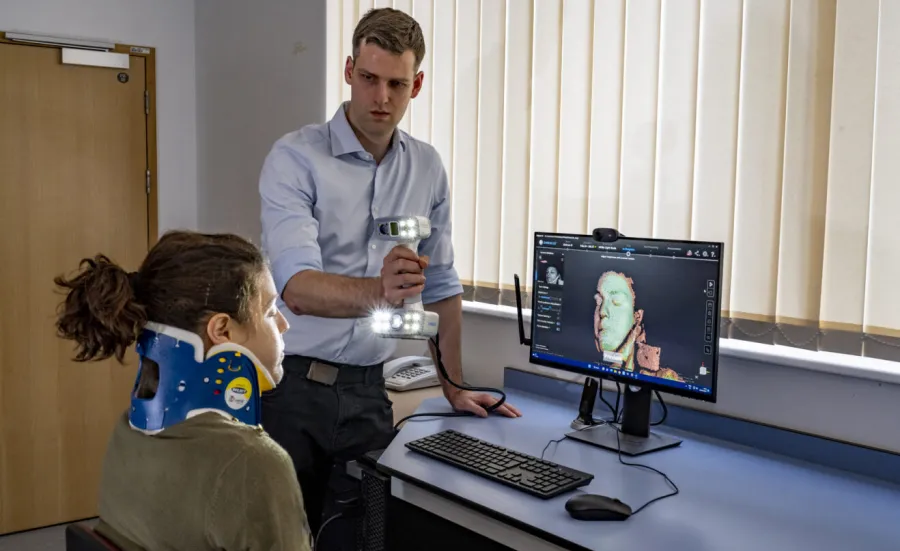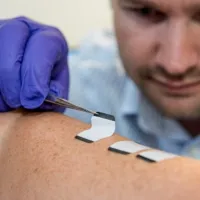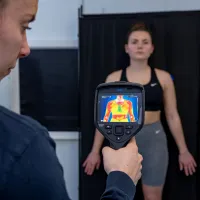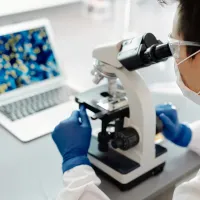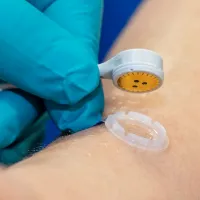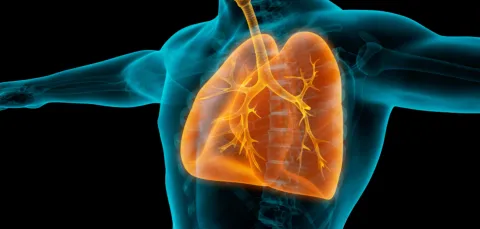The Skin Health Group in collaboration with Cornwall Partnership NHS Foundation Trust has developed a quality improvement initiative, Pressure Reduction through Continuous Monitoring in the Community Setting (PROMISE).
Skin damage, in the form of chronic wounds, is a major global healthcare challenge, resulting in pain and reducing quality of life in vulnerable patients.
Despite national and international directives, the incidence of chronic wounds such as pressure ulcers (PUs) remains unacceptably high.
PUs can occur when immobile individuals spend prolonged periods in a bed or chair. They also occur in critical care environments where therapeutic medical devices are attached to the skin. This can cause skin damage to people of all ages and result in longer hospital stays and greater care requirements.
Chronic wounds are associated with an estimated annual cost of £5bn in the UK alone.
